Punjabi Taliban and Afghanistan
If there is a unifying struggle for Taliban groups, it is the fight for power in Afghanistan
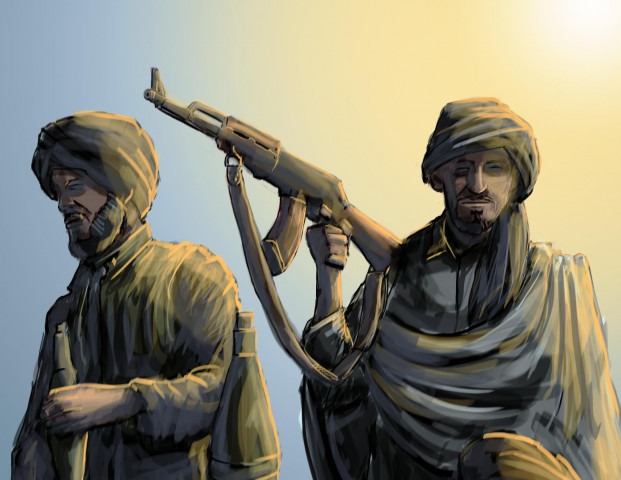

Despite many Taliban groups clustering under the flag of the Tehreek-e-Taliban Pakistan (TTP), they are far from homogenous and divided along lines of sect, ethnicity and tribe. There is currently a churn in the wider Taliban corpus, possibly triggered in part by the ongoing operation in North Waziristan, but equally likely because of divisive internal tensions that are beginning to fragment the TTP. If there is a unifying struggle it is the fight for power in Afghanistan. That fight is intensifying as Western coalition forces continue to withdraw, with large parts of the country to the south and east already under defacto Taliban control. It is difficult to predict on what front the Punjabi Taliban may fight in future in Afghanistan or who they might be allied with, but there can be little doubt that the North Waziristan operation has pushed Taliban groups over the border into Afghanistan, there to regroup and battle the incoming Afghan government. This has to be a matter of concern for the Afghan administration as it transits out of the Karzai regime and into an uncertain but probably violent future. Pakistan has a stake in that future as well, more so than any of the other players jockeying for position, and should carefully maintain its balance.
Published in The Express Tribune, September 17th, 2014.
Like Opinion & Editorial on Facebook, follow @ETOpEd on Twitter to receive all updates on all our daily pieces.


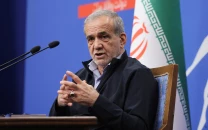
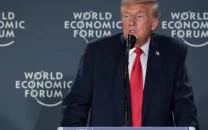
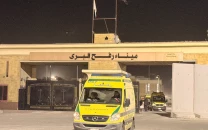
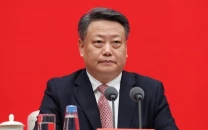













COMMENTS
Comments are moderated and generally will be posted if they are on-topic and not abusive.
For more information, please see our Comments FAQ